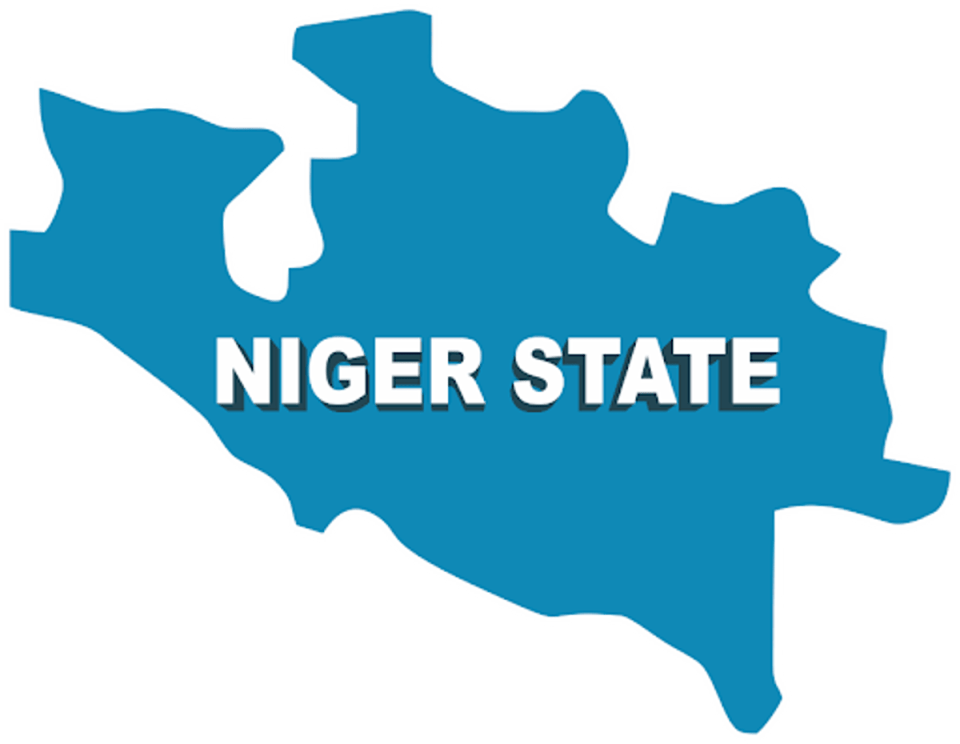It’s very disheartening the condition of work of primary school teachers in Niger State, which has lasted from 2014-2024, exactly 10 years. The implemented promotion for primary school teachers was in 2014, before the swearing-in of the past administration of Abubakar Sani Bello. No single promotion was implemented for the eight years of his administration.
Teachers who were on level 9/1 in 2014 are still receiving the same salary in 2024, despite having three promotions between 2014 and 2024. And no palliatives have been given to them – either in cash or kind – in the seven months of the administration of Hon. Umaru Bago.
With the economic realities in Nigeria, Niger State government has gradually impoverished primary school teachers, who can hardly feed their families now; cannot pay school fees for their children, rent decent houses, or pay transport and, so many are dying because of their inability to pay hospital bills.
Ironically, it is the same Ministry of Education that cannot pay teachers a living wage that is sending its directors and senior officers to India to study how primary education can be managed effectively and efficiently.
In 2019, 2020 and 2021, primary school teachers were paid salaries on a percentage basis – some months 25%, 32%, 35% or 45% – and up till now the outstanding amounts are still unpaid – especially in Chanchaga LGA.
Again, most schools in Minna, the state capital, have a very large number of pupils – ranging from 60-150 per class. Sometimes with one or two teachers in a class. There is a very poor learning environment, with classes not having desks for pupils.
While there is a shortage of class teachers, there are excess administrative staff in the schools. In some schools, you may have between four and five assistant headmasters/headmistresses, and five to six other administrative staff, who mainly engage in conversations.
There is also a very high level of inefficiency among the teachers and syndicated corruption. The government must be decisive enough on the workforce to achieve maximum results. First, the government must expedite action to make teaching at the primary school rewarding enough in line with the present realities in the country. There should be reshuffling and redeployment, especially, of those in the administration and accounts departments.
The government should borrow from what Malam Nasir El-Rufai, the former governor of Kaduna State, did in repositioning primary education in the state. Thorough evaluation and testing of primary school teachers should be conducted, especially by an independent agency or body; not the Ministry of Education. Those found wanting should be given opportunities to improve themselves, and those who cannot cope may be retired or transferred to other ministries.
Education is the bedrock of every developed economy, and as such we in Niger State cannot continue to pretend over it. A hungry man is an angry man, even the school feeding programme of President Tinubu will fail if the teachers are not adequally taken care of.
So, a stitch in time saves nine! God bless Niger State and God bless the Federal Republic of Nigeria.
Elder Ajuzie Chimaobi, wrote from Minna

 Join Daily Trust WhatsApp Community For Quick Access To News and Happenings Around You.
Join Daily Trust WhatsApp Community For Quick Access To News and Happenings Around You.


